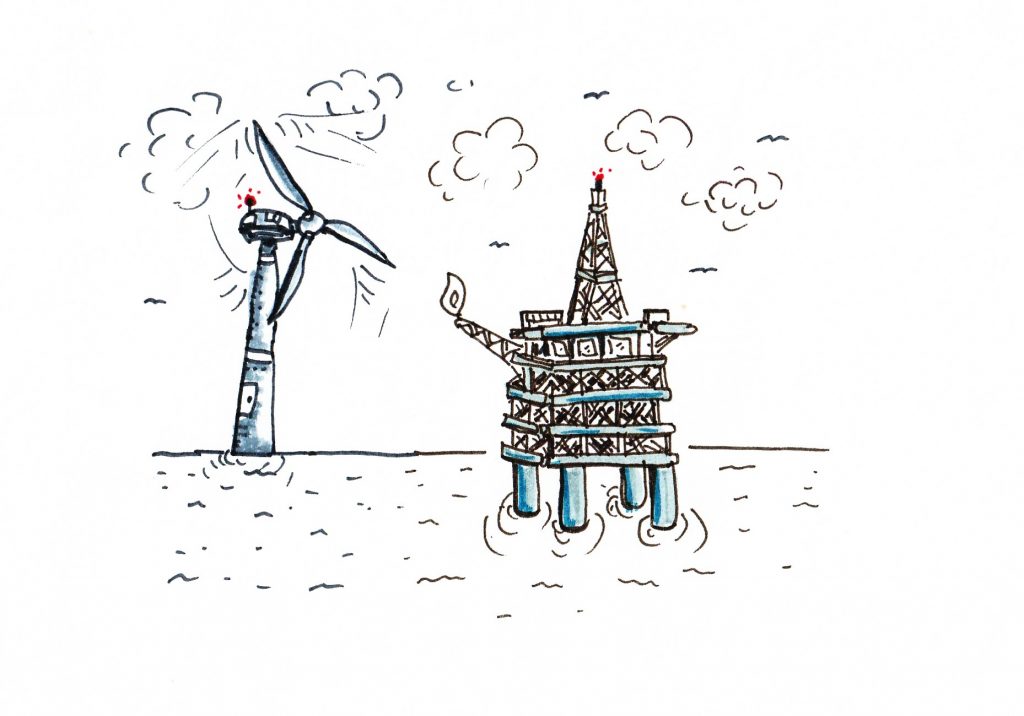The Rosebank oil and gas field is a controversial project that has been approved by the UK government despite the concerns of environmental activists and some politicians.
It is located about 80 miles west of Shetland in the North Sea and is estimated to contain 500 million barrels of oil. It is operated by Equinor, a Norwegian state-owned energy company, with its partners Ithaca Energy and Suncor Energy. The development of the field is expected to cost £6 billion and create 2,000 jobs.
Carbon conflict
It is also expected to produce 200 million tonnes of carbon dioxide over its lifetime, which is equivalent to the annual emissions of 40 million cars.
The approval of the Rosebank field has sparked a debate over the role of fossil fuels in the UK’s energy transition and its commitment to net zero emissions by 2050. Critics argue that the project is incompatible with the UK’s climate goals and that it will undermine its credibility. They also claim that most of the cost of the development will be borne by the taxpayers through tax reliefs and subsidies.
UK not yet ready to turn off the oil and gas
However, some supporters of the project contend that it will provide a reliable source of energy and revenue for the UK, as well as support thousands of jobs in the oil and gas sector. They also point out that the UK still relies on fossil fuels for most of its energy needs and that it will need to import more oil and gas from abroad if it does not develop its own resources.

They argue that the Rosebank field will be developed with high environmental standards and that it will contribute to the UK’s transition to a low-carbon economy by investing in renewable energy and carbon capture technologies.
Contentious
The Rosebank oil and gas field is a complex and contentious issue that reflects the challenges and trade-offs involved in balancing economic growth, energy security, and environmental protection. It is likely to remain a topic of heated discussion.
The field is expected to start producing oil from 2026
If drilling starts on time, Rosebank could account for 8% of the UK’s total oil production between 2026 and 2030.
Roughly 245 million barrels will be produced in the first five years of drilling, with the remaining being extracted between 2032 and 2051.
Though oil is the main product, the site will also produce gas.
About 1,600 jobs are expected to be created during the peak of construction. Long term, the operation will create 450 jobs.
Will it mean lower energy bills in the UK?
No! Oil and gas from UK waters is not necessarily used here – it is sold to the highest bidder on global markets.
What Rosebank produces will be sold at world market prices, so the project will not cut energy prices for UK consumers.
The Norwegian state oil company Equinor – which is the majority owner of Rosebank – has confirmed this.
Oil also tends to be sent around the world to be refined – the UK does not have the capacity to refine all its own oil-based products.


